When food poisoning strikes people often spend hours wondering what...
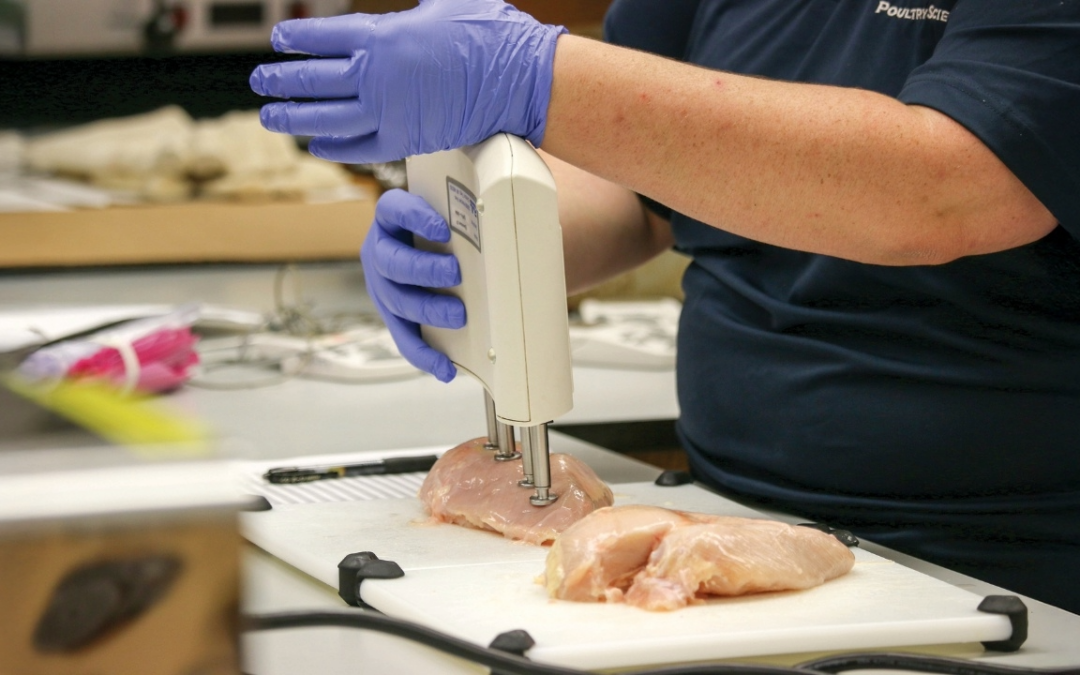

When food poisoning strikes people often spend hours wondering what...
Scientists at Auburn University are shifting their catfish vaccine development strategy to bring vaccines to farmers. “We are developing more cost-effective killed-bacterin vaccines and exploring new ways to get vaccines to Alabama farmers,” said Timothy Bruce,...
Researchers at Auburn University recently developed new methods for safely using poultry processing wastewater for food-grade hydroponic crop production. By eliminating pathogens, like salmonella, the research team was able to use wastewater from a poultry processing...
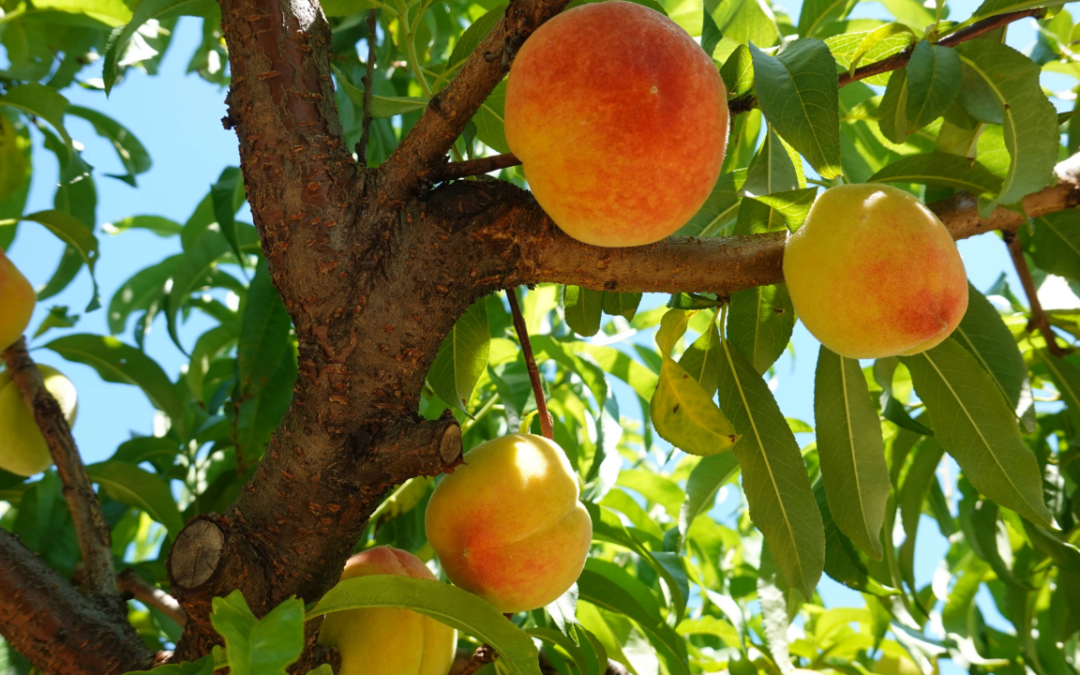
Right in the heart of central Alabama, research is conducted throughout the year to find ways to protect one of the state’s most precious commodities—peaches. Among the...

Postdoc recognized by the American Society of Parasitologists A postdoctoral fellow in the School of Fisheries, Aquaculture & Aquatic Sciences recently received the...
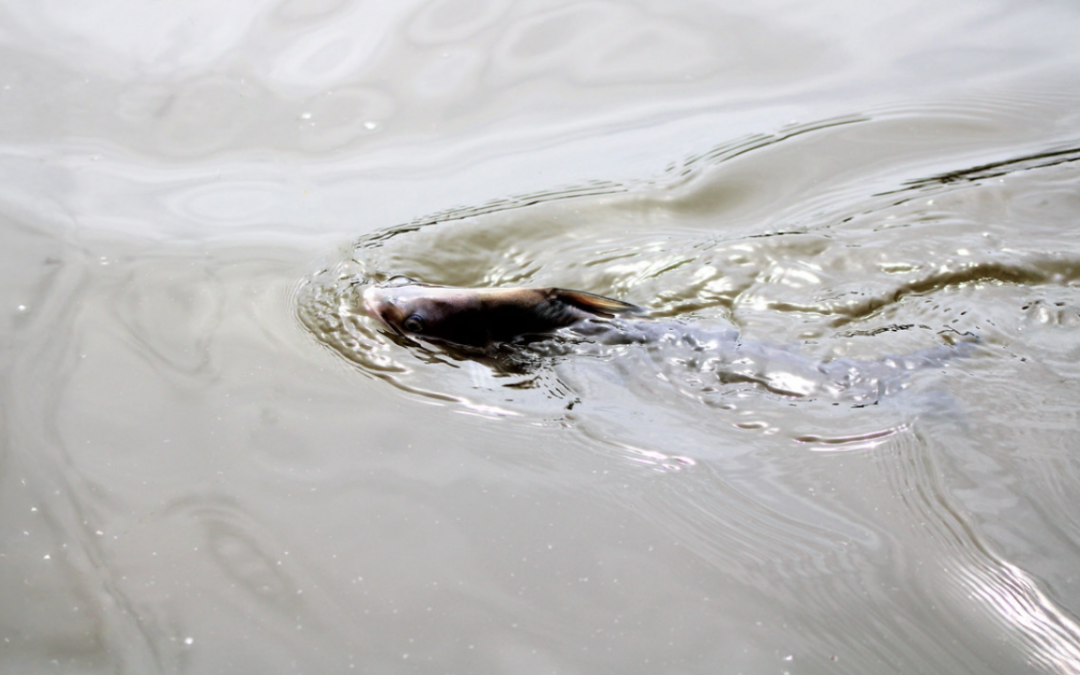
AU researchers work toward getting orally-delivered vaccines to catfish farmers
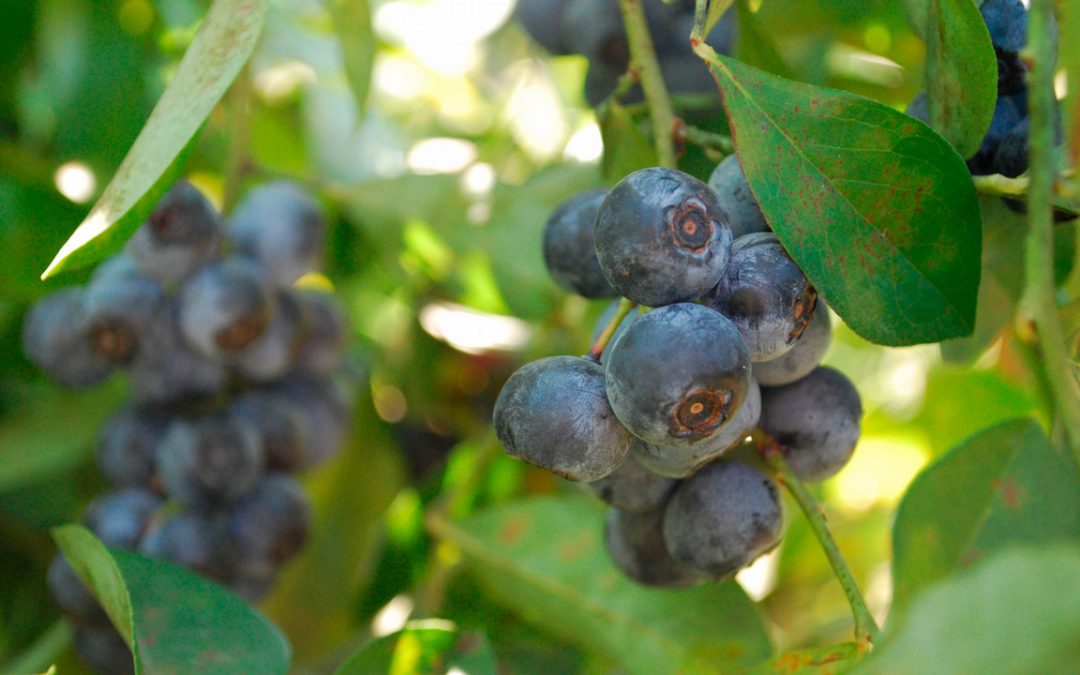
Alabama blueberry farmers could soon start growing more frost-tolerant cultivars thanks to recent research at Auburn University. Most Alabama growers are still heavily relying on the native species rabbiteye (Vaccinium virgatum Ait), while producers in neighboring...
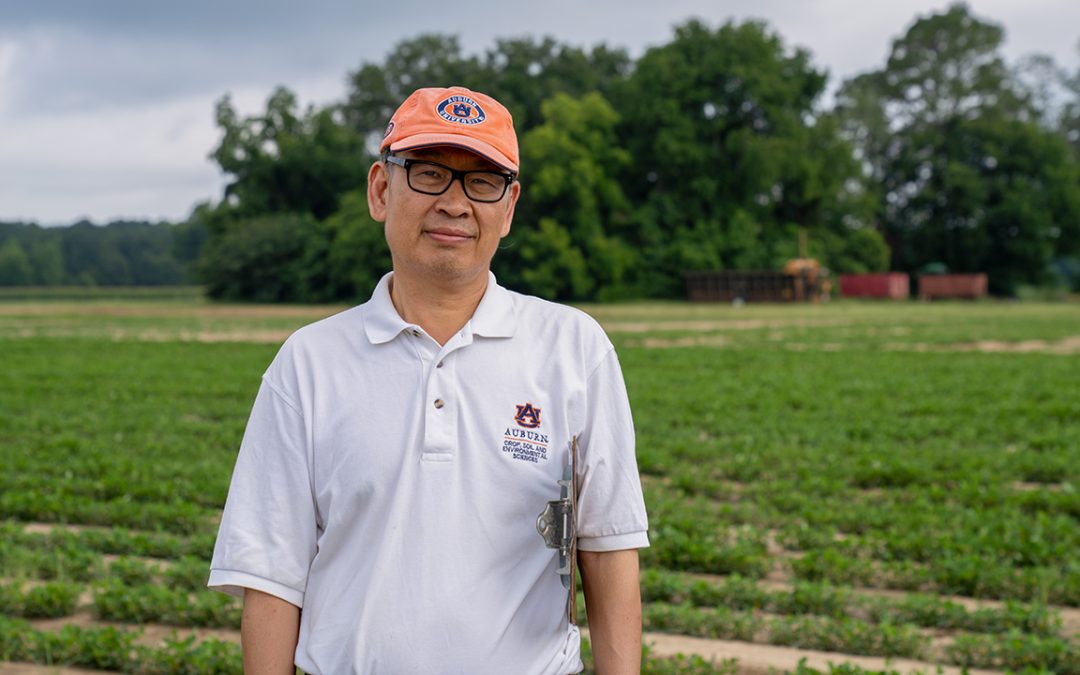
The Auburn University peanut breeding program has made significant strides in a surprisingly short amount of time, with one of its varietal releases now commanding 40-50% of the peanut acreage in Alabama.
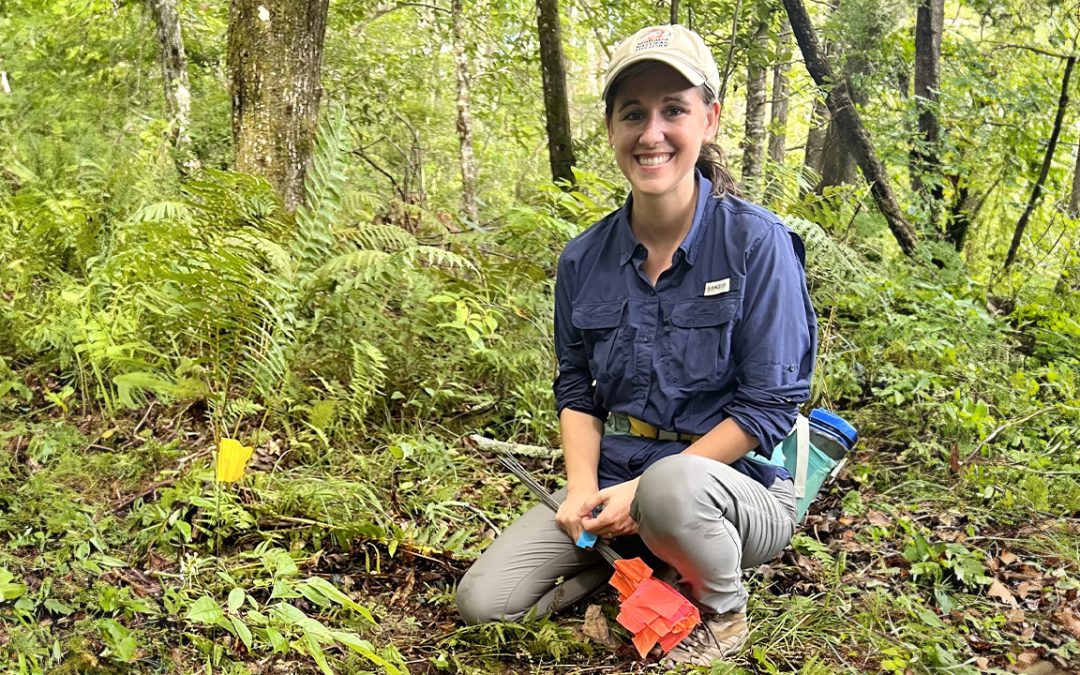
Auburn University’s Kelly Homan and Katelyn Lawson have joined forces to assist the state of Alabama in the creation of its 2025 State Wildlife Action Plan (SWAP) revision.
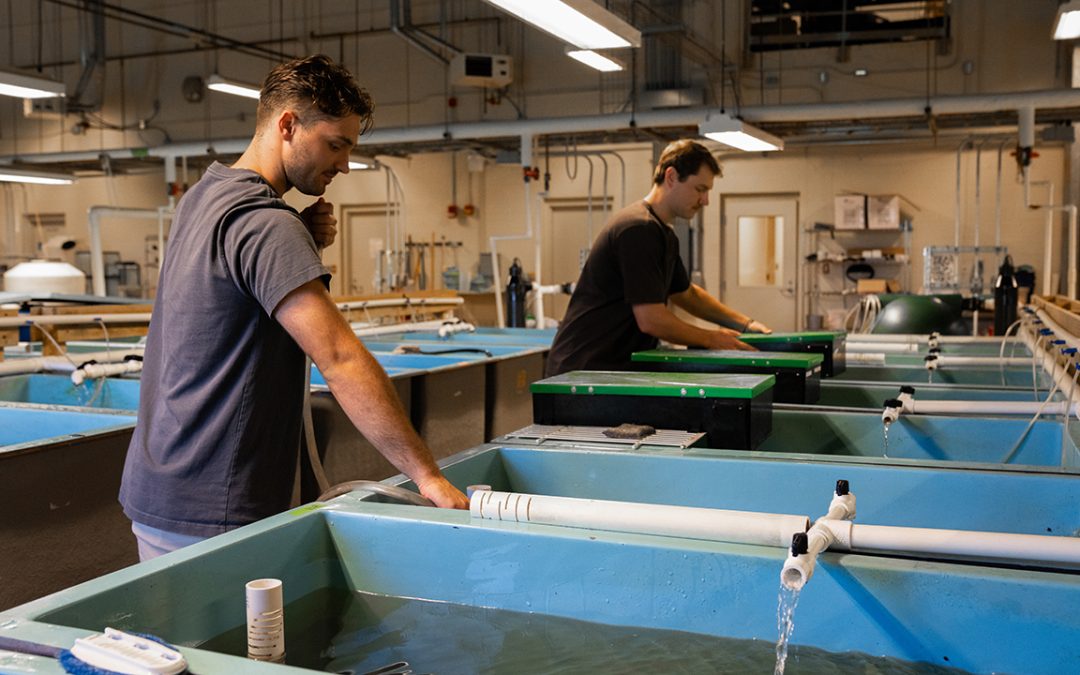
Vaccine development made possible by $300,000 USDA-NIFA grant Largemouth bass producers may soon have a new vaccine for a common pathogen affecting the unusually death-prone fish species. Auburn University researchers are working to lower the fish’s near 80% mortality...

As John Mahas prepared for a move to start postdoctoral research at Cornell University, he was still wrapping up research in the Auburn University lab where he earned his master’s and doctorate. It was here he focused his work on managing the emerging cotton leafroll dwarf virus (CLRDV) and its vector, the cotton aphid, Aphis gossypii. This research led to the publication of two peer-reviewed papers, one of which marked a first in the Southeastern United States.

As a project manager with Auburn’s Water Resource Center, Cooley manages watershed restoration projects and educates communities on how to care for rivers, streams and creeks.
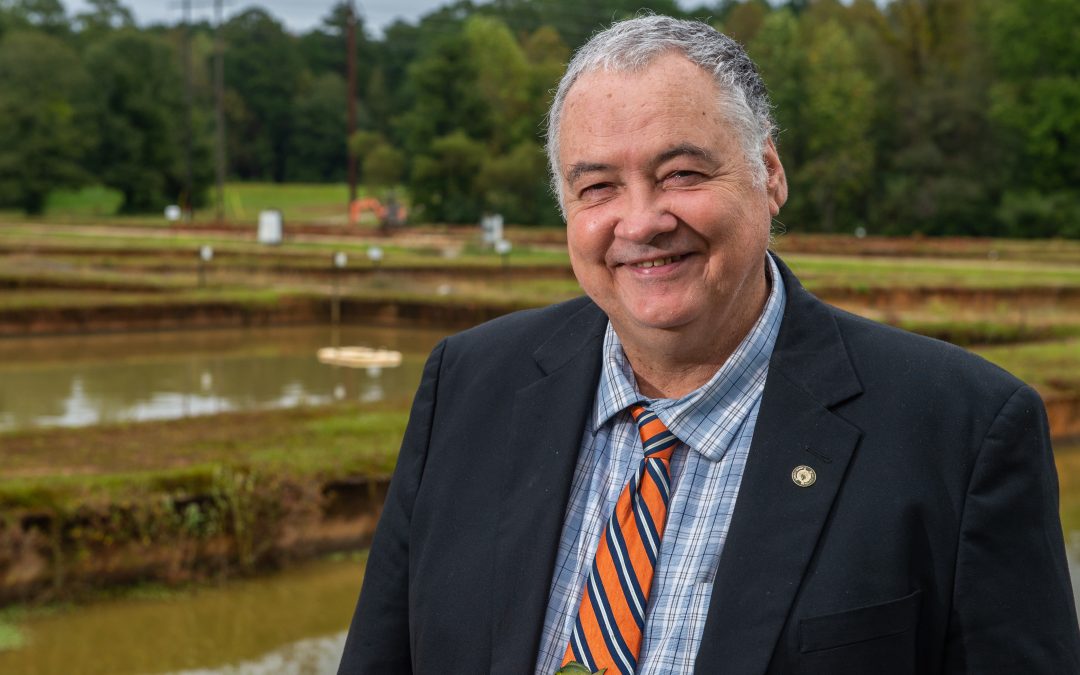
USDA-NIFA recently awarded a $650,000 grant to Rex Dunham to genetically improve the overall genotype and phenotype of both channel catfish and a hybrid between channel catfish females and blue catfish males. Dunham is a professor in the School of Fisheries,...
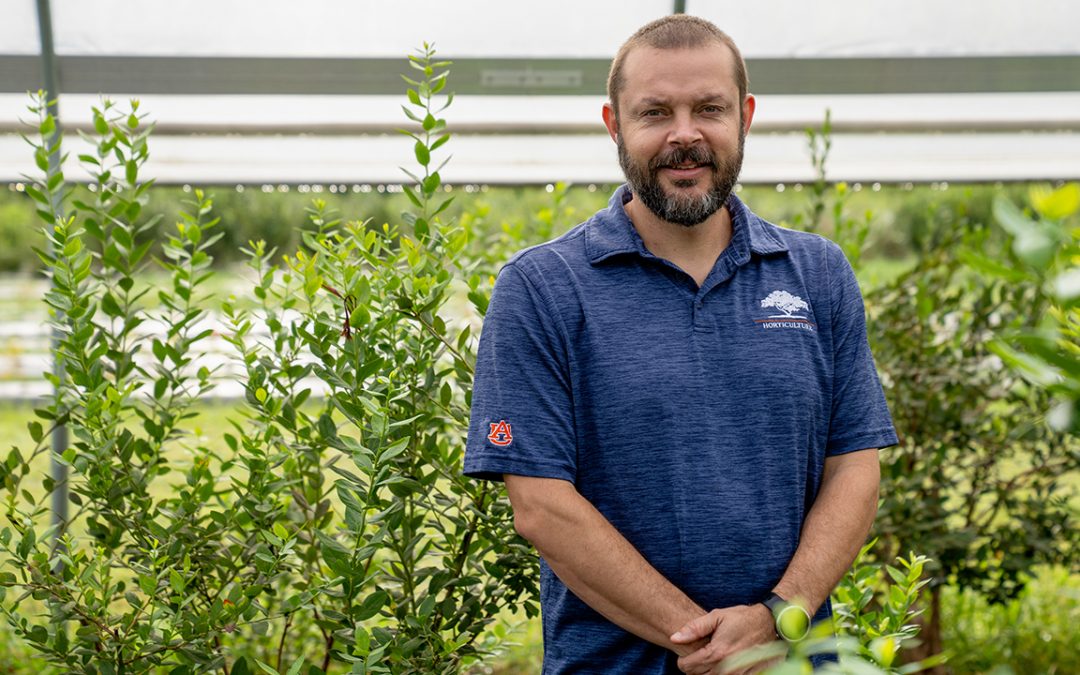
As the U.S. celebrates National Blueberry Month in July, researchers in the Auburn College of Agriculture and the Alabama Agricultural Experiment Station are looking for ways to boost blueberry production in the state by introducing more profitable cultivars for both field and protected cultivation.
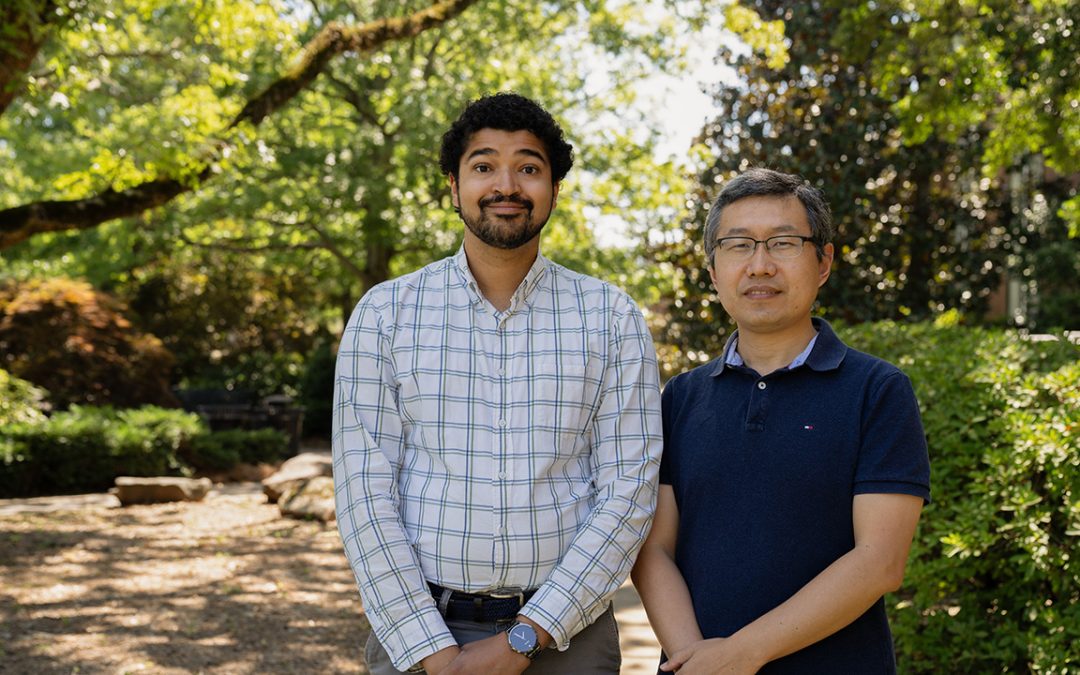
Researchers at Auburn University aim to reduce U.S. greenhouse gas emissions due to agriculture by modifying one of the world’s largest voluntary conservation programs: the USDA’s 25-million-acre Conservation Reserve Program (CRP).
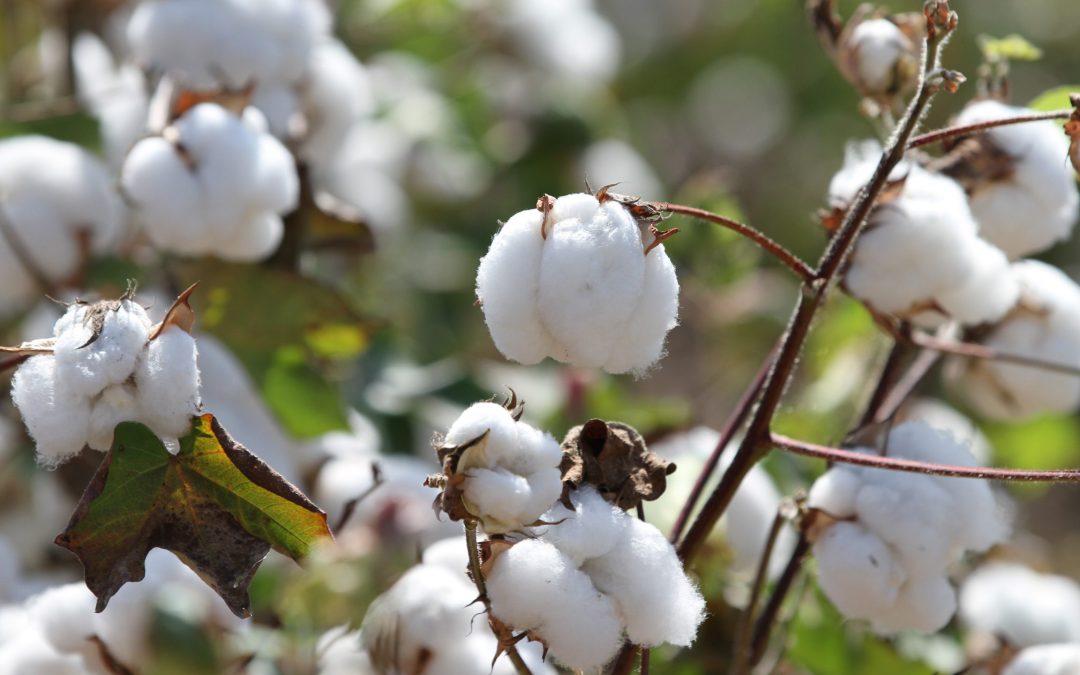
Soil scientist Audrey Gamble is working to improve sustainability of cotton production by improving soil microbial structure and function.
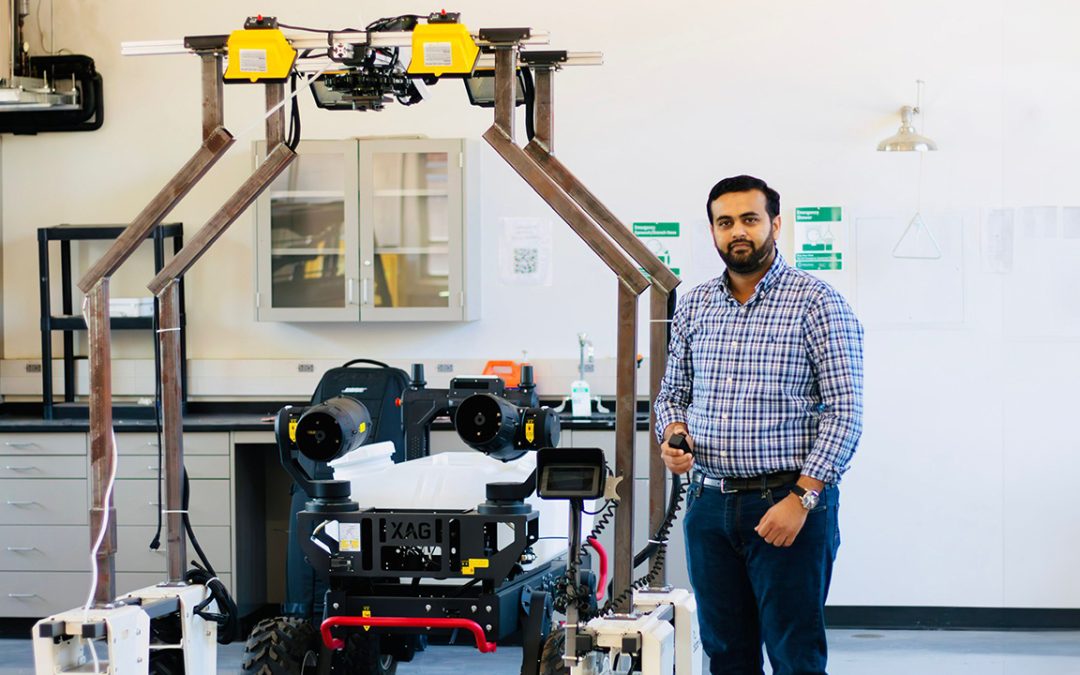
An AI-powered robot will be able to inventory thousands of plants while also collecting data on plant growth, pests and diseases.
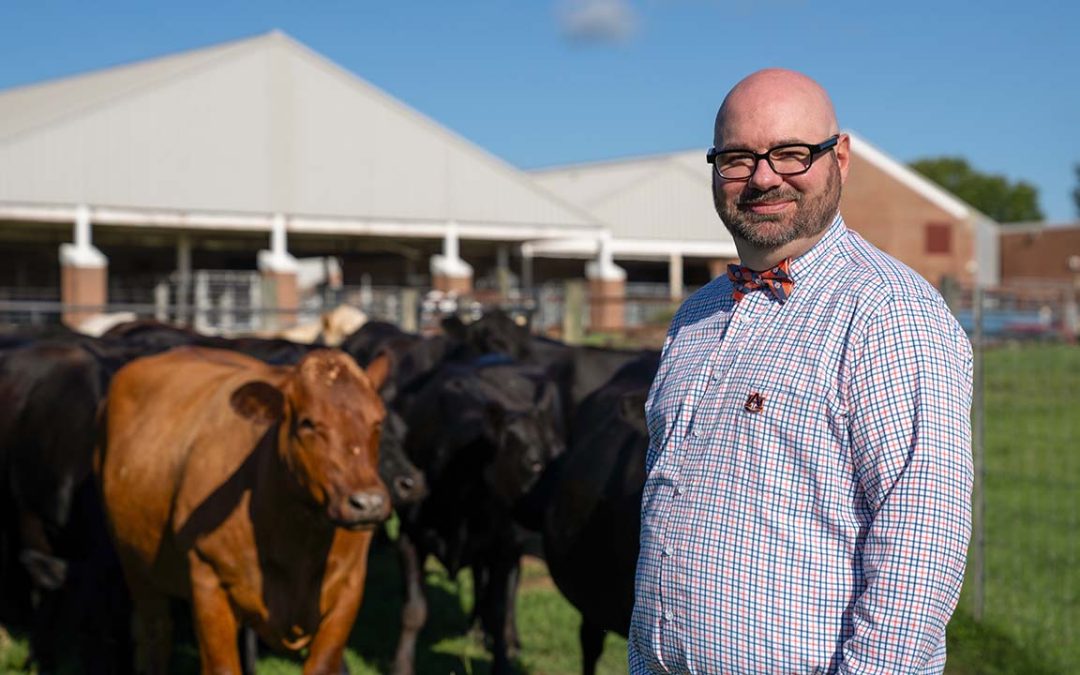
Sometimes, one Auburn University researcher says, it makes sense to increase input costs in one part of the system if it means costs are decreased somewhere else or the profit margin of the system is increased.

The USDA National Institute of Food and Agriculture (NIFA) Agriculture and Food Research Initiative (AFRI) recently awarded Aniruddha Maity a $300,000 grant to….
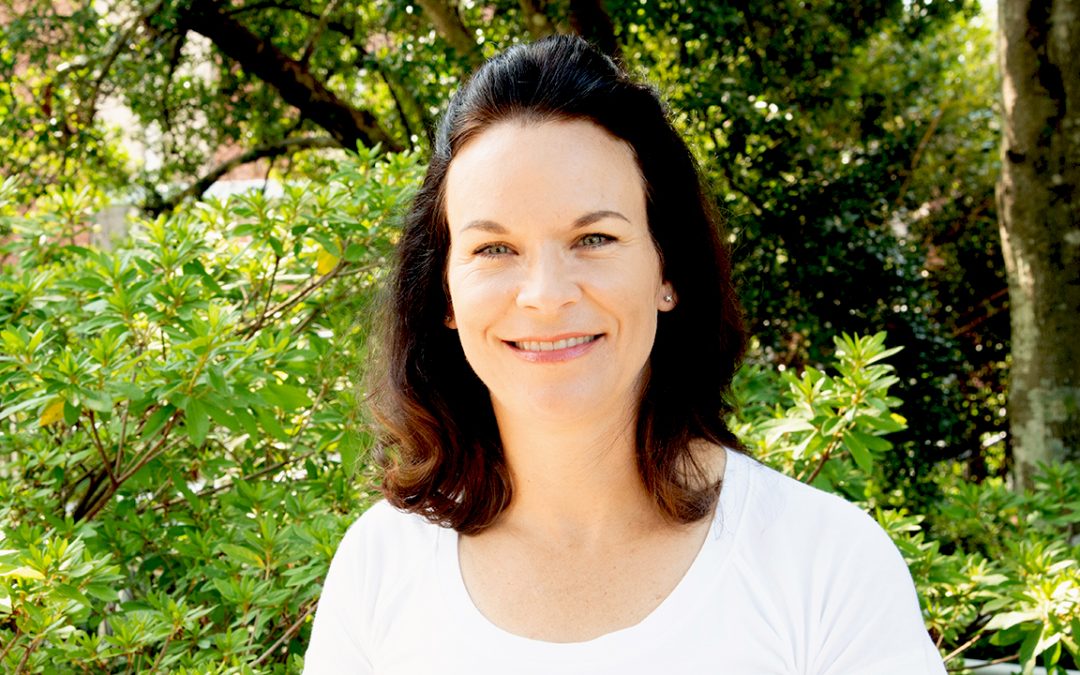
The U.S. Fish and Wildlife Service, in consultation with the Mississippi Department of Wildlife, Fisheries, and Parks, has awarded Dr. Shannon Brewer a $433, 867 grant to….
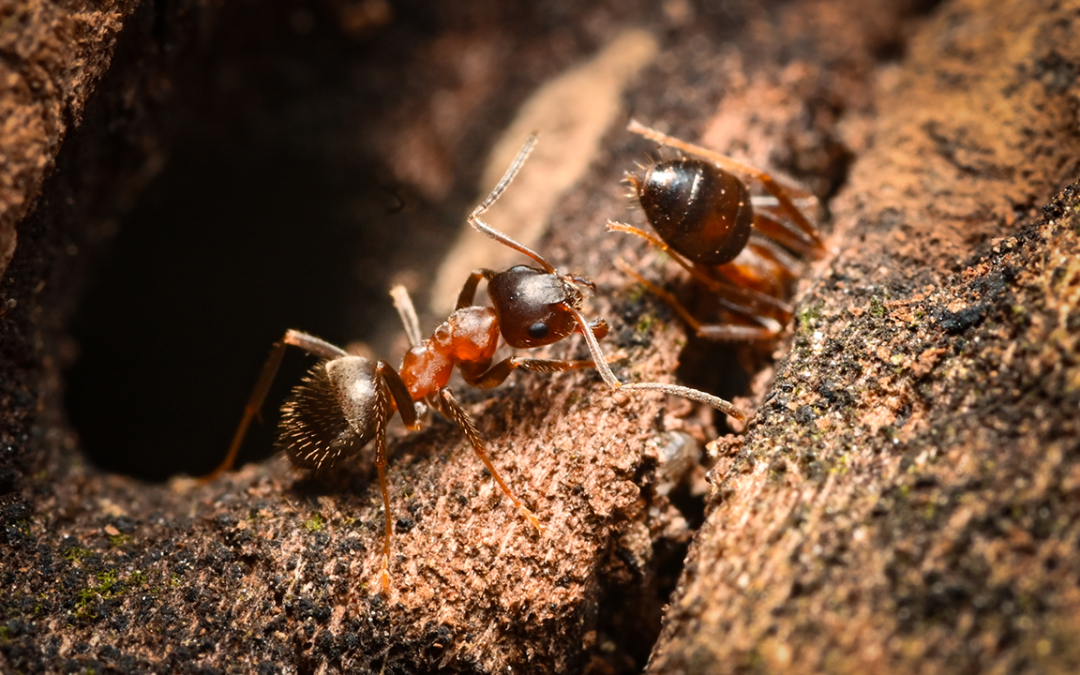
Auburn University researcher part of team identifying fast-multiplying New York City ant An unidentified ant that went viral following its discovery in the heart of New York City has finally been studied and identified. The ant first made national headlines and was...
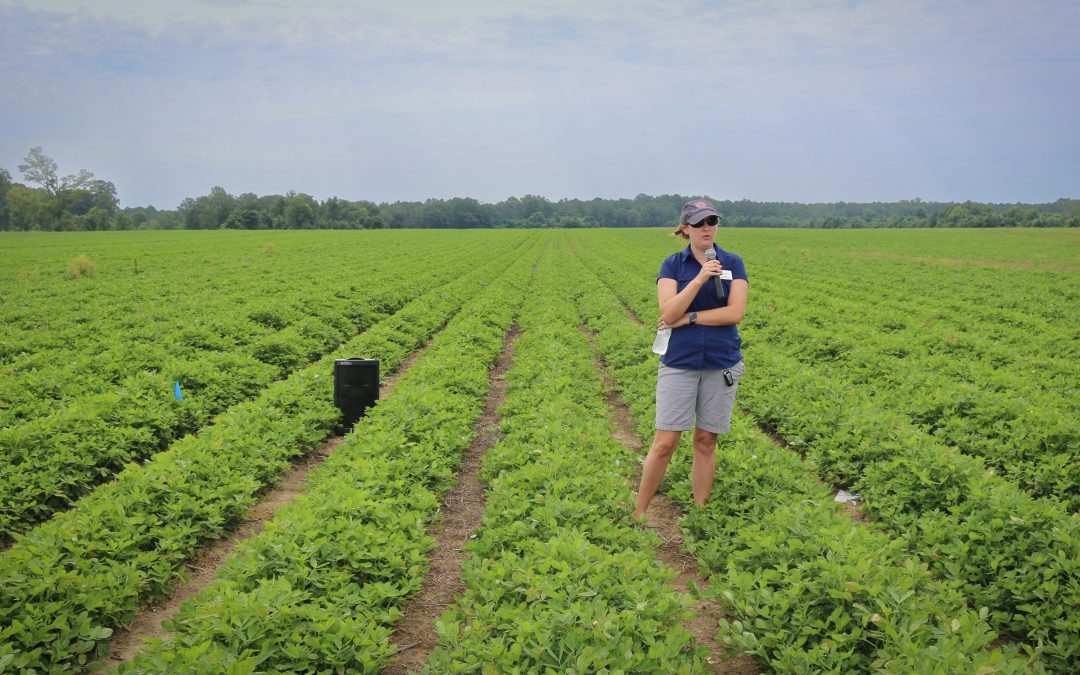
U.S. peanut producers have seen peaks and valleys in their yields over the years, prompting researchers at Auburn University to…
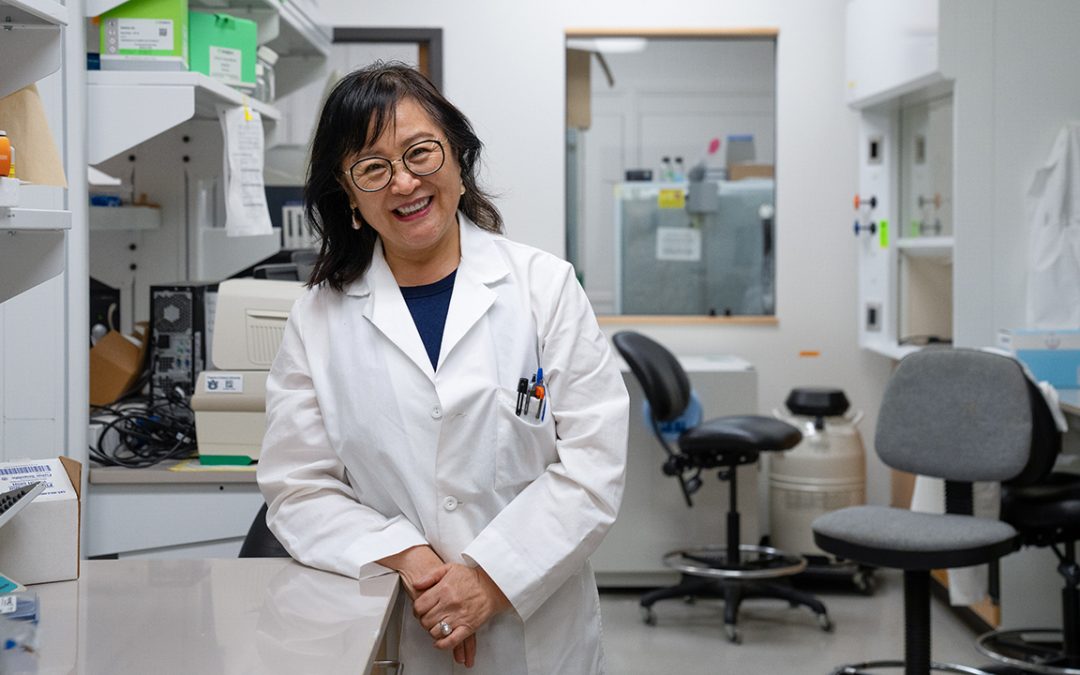
A seasoned researcher and administrator in the Auburn University College of Agriculture and one of the top 2% of entomologists in the world got her start in the field because of the kindness of a neighbor.

One of several grants offered through the Alabama Agricultural Experiment Station (AAES) research program for the current fiscal year will allow for the continuation of groundbreaking research originally established at Auburn University that focuses on using beneficial bacteria for promoting plant growth, plant health, nutrient uptake and insect pest prevention.
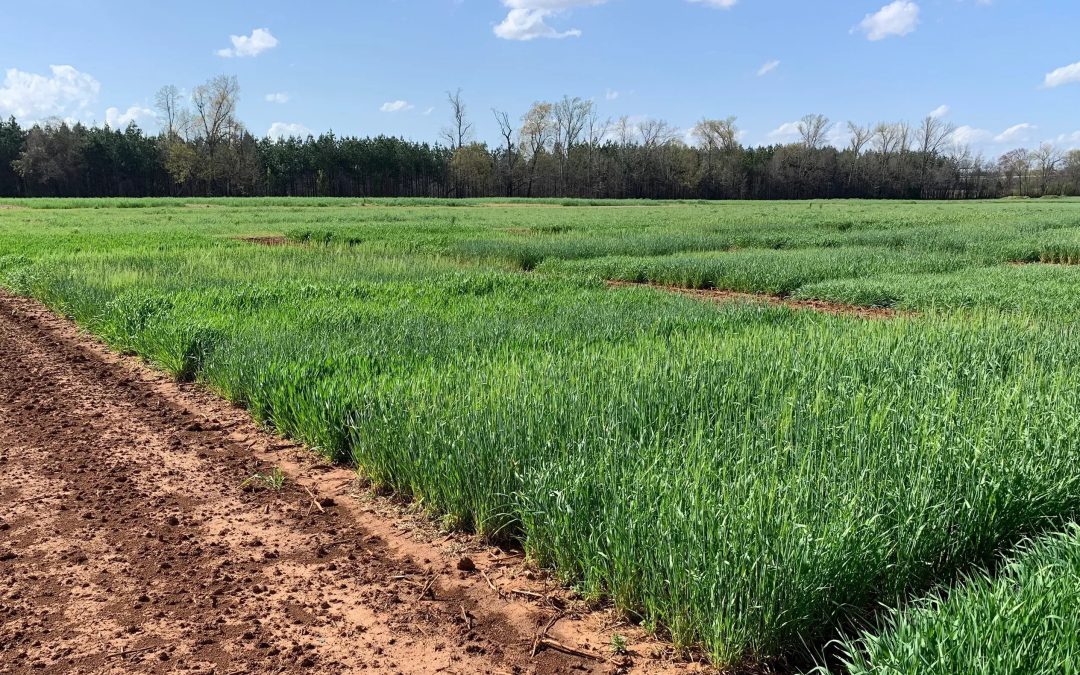
Research shows Alabama barley good for beer, rotational crop The first beer ever brewed from Alabama-grown barley made its debut this past fall, and Auburn University researchers are looking at even more possibilities for a crop that’s not so common to farmers in the...

Research made possible by $650,000 USDA-NIFA grant The number of farms in the U.S. operated by women has grown 27% in recent years. Yet, despite their growing number and influence, little is known about the needs of women in farming, the challenges they face and their...

The USDA National Institute of Food and Agriculture recently awarded a $3.9 million, five-year grant to a team of researchers to enhance honey bee health for pollination of specialty crops. Auburn University associate professors Geoff Williams, from the Department of...

Alabama blueberry farmers could soon start growing more frost-tolerant cultivars thanks to recent research at Auburn University. Most Alabama growers are still heavily relying on the native species rabbiteye (Vaccinium virgatum Ait), while producers in neighboring...

The Auburn University peanut breeding program has made significant strides in a surprisingly short amount of time, with one of its varietal releases now commanding 40-50% of the peanut acreage in Alabama.

Auburn University’s Kelly Homan and Katelyn Lawson have joined forces to assist the state of Alabama in the creation of its 2025 State Wildlife Action Plan (SWAP) revision.

Vaccine development made possible by $300,000 USDA-NIFA grant Largemouth bass producers may soon have a new vaccine for a common pathogen affecting the unusually death-prone fish species. Auburn University researchers are working to lower the fish’s near 80% mortality...

As John Mahas prepared for a move to start postdoctoral research at Cornell University, he was still wrapping up research in the Auburn University lab where he earned his master’s and doctorate. It was here he focused his work on managing the emerging cotton leafroll dwarf virus (CLRDV) and its vector, the cotton aphid, Aphis gossypii. This research led to the publication of two peer-reviewed papers, one of which marked a first in the Southeastern United States.

As a project manager with Auburn’s Water Resource Center, Cooley manages watershed restoration projects and educates communities on how to care for rivers, streams and creeks.

USDA-NIFA recently awarded a $650,000 grant to Rex Dunham to genetically improve the overall genotype and phenotype of both channel catfish and a hybrid between channel catfish females and blue catfish males. Dunham is a professor in the School of Fisheries,...

As the U.S. celebrates National Blueberry Month in July, researchers in the Auburn College of Agriculture and the Alabama Agricultural Experiment Station are looking for ways to boost blueberry production in the state by introducing more profitable cultivars for both field and protected cultivation.

Researchers at Auburn University aim to reduce U.S. greenhouse gas emissions due to agriculture by modifying one of the world’s largest voluntary conservation programs: the USDA’s 25-million-acre Conservation Reserve Program (CRP).

Soil scientist Audrey Gamble is working to improve sustainability of cotton production by improving soil microbial structure and function.

An AI-powered robot will be able to inventory thousands of plants while also collecting data on plant growth, pests and diseases.

Sometimes, one Auburn University researcher says, it makes sense to increase input costs in one part of the system if it means costs are decreased somewhere else or the profit margin of the system is increased.

The USDA National Institute of Food and Agriculture (NIFA) Agriculture and Food Research Initiative (AFRI) recently awarded Aniruddha Maity a $300,000 grant to….

The U.S. Fish and Wildlife Service, in consultation with the Mississippi Department of Wildlife, Fisheries, and Parks, has awarded Dr. Shannon Brewer a $433, 867 grant to….

Auburn University researcher part of team identifying fast-multiplying New York City ant An unidentified ant that went viral following its discovery in the heart of New York City has finally been studied and identified. The ant first made national headlines and was...

U.S. peanut producers have seen peaks and valleys in their yields over the years, prompting researchers at Auburn University to…

A seasoned researcher and administrator in the Auburn University College of Agriculture and one of the top 2% of entomologists in the world got her start in the field because of the kindness of a neighbor.

One of several grants offered through the Alabama Agricultural Experiment Station (AAES) research program for the current fiscal year will allow for the continuation of groundbreaking research originally established at Auburn University that focuses on using beneficial bacteria for promoting plant growth, plant health, nutrient uptake and insect pest prevention.

Research shows Alabama barley good for beer, rotational crop The first beer ever brewed from Alabama-grown barley made its debut this past fall, and Auburn University researchers are looking at even more possibilities for a crop that’s not so common to farmers in the...

Research made possible by $650,000 USDA-NIFA grant The number of farms in the U.S. operated by women has grown 27% in recent years. Yet, despite their growing number and influence, little is known about the needs of women in farming, the challenges they face and their...

The USDA National Institute of Food and Agriculture recently awarded a $3.9 million, five-year grant to a team of researchers to enhance honey bee health for pollination of specialty crops. Auburn University associate professors Geoff Williams, from the Department of...